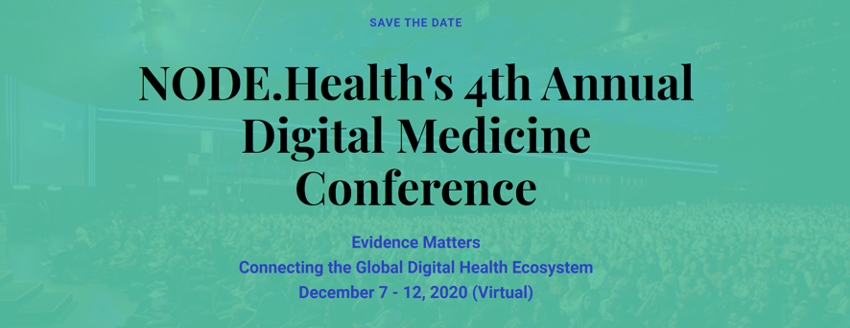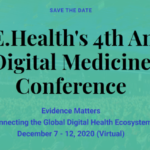While on the surface mobile access appears to be an extension of EHR and health IT systems, a new report argues that it may very well become the means to ensuring that these systems are interoperable and data no longer fragmented. “Healthcare consumers want seamless and secure access to all of their health information that is readily available and updated automatically, keeping all communication with attending physicians relevant and accurate,” write the authors of Frost & Sullivan’s Moving beyond the limitation of fragmented solutions.
“This will require solutions that integrate with all uniquely designed EHR systems using state-of-the-art encrypted and secure data transfer,” they explain. “Then and only then will a true on-demand mobile PHR provide sufficient value and confidence for all users such that it will become adopted by healthcare providers, payers, and, ultimately, patients.
According to the authors, widespread EHR adoption and financial incentives in support of it have done little to resolve fragmentation of patient data among healthcare organizations and providers. In fact, they more than likely have made matters worse.
“EHR deployment has not met the goal of providing a universal platform for collection, storage and sharing of patient information,” the authors of the white paper write. “Fragmentation in EHR systems has made it harder to meet goals to improve patient safety and quality of care.”
Moreover, the proliferation of EHR technology and services and the lack of EHR
interoperability is are having a downstream effect on patients. “Hundreds of unique EMR systems are in use today along an immense healthcare continuum of providers, hospitals, and health systems, and the lack of interoperability of these systems limits the ability of patients to have a functional PHR that can follow them over time,” the authors add.
Unless healthcare organizations and providers are willing to address the dissatisfaction growing among consumers (i.e., patients), fragmentation will continue to carry the day. According Frost & Sullivan, the solution to the problem rests in increasing the control of patients over their data:
For further progress, strong efforts must be made to enable patients to have access to their medical records quickly and securely, wherever their lifestyle and work environment take them. The creation of a truly mobile PHR is the ultimate goal and intention of meaningful-use, stage 3 (patient engagement and empowerment) and will require a symbiotic relationship between providers and individuals, each with the capability to upload and view all health information.
In particular, the organization is calling for healthcare information to be made more accessible to patients through mobile technology, allowing them retrieve and update health information in a personal health record that they can then share with members of their care team. “This vision for true mobile access is attainable with the understanding that patients are first consumers who require technical concessions to solve interoperability challenges,” the authors observe.
The data available should include primary information such as medical images and follow-up information and secondary features such as the ability to schedule appointments and set reminders, with an emphasis on proactive rather than reactive approach to healthcare delivery. “This fluid exchange of data and dialogue between patient, family members, and providers can serve to prevent expensive readmissions,” claim the authors.
In order for patients to gain this level of access, providers must come to realization that it will ultimately prove a benefit to provider and patient alike.
“Providers must learn to willfully share clinical findings, patient notes, and diagnoses with patients and be open to discussing each piece of information in detail,” the authors advise. “Doctors need to learn different approaches to how patient information is shared with individuals, and the ensuing dialogue that occurs must be documented for further references.”
source
Post Views: 826






























